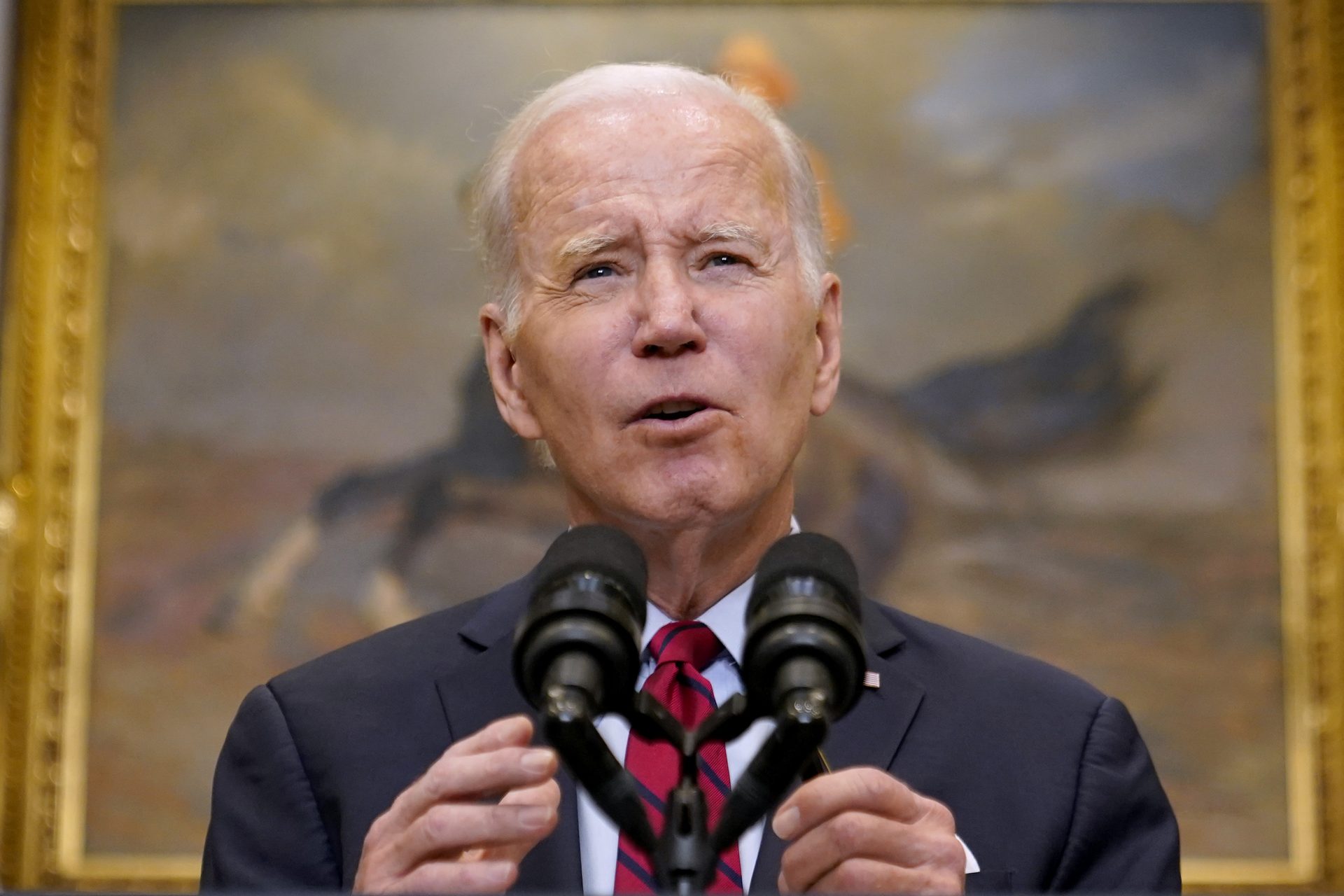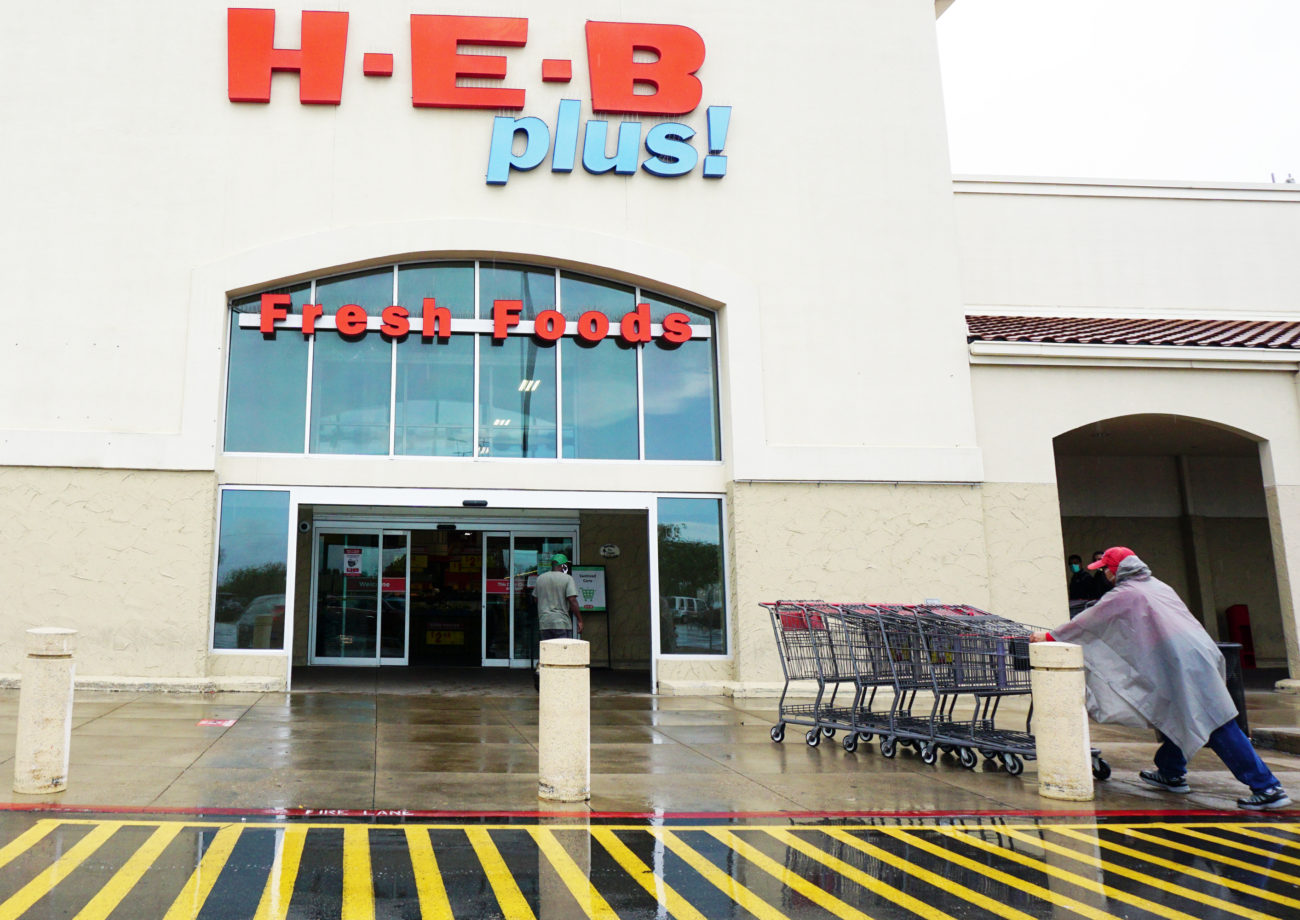For Americans interested in building a secure financial future, access to sound investment advice is undeniably crucial. But a recent proposal by a little-known organization called the North American Securities Administrators Association (NASAA) threatens to undermine access to information everyday Americans need to save and invest. And states like Texas which benefit from a robust business and demographic profile will be particularly harmed.
NASAA, a body that in part represents state securities regulators in the United States, is proposing revisions to its model rule on “Dishonest or Unethical Business Practices of Broker-Dealers and Agents.” State regulatory agencies often adopt finalized model rules.
NASAA’s stated purpose for the revision is to ensure that financial services agents act in their clients’ best interest. That sounds positive at first. But despite the supposed intentions, details buried in the proposal will limit the information Americans who are saving for retirement and improving their financial situations need. Millions in underserved communities will be especially hurt.
In its current push, NASAA is attempting to advance state level rules that mirror a similar endeavor by the U.S. Department of Labor (DOL) in 2016 through what is called the “Fiduciary Rule”, which was also supposedly well-intentioned.
The Hispanic Leadership Fund (HLF) commissioned an in-depth analysis of the Fiduciary Rule that outlined both the damage done to ordinary Americans’ financial well-being during the rule’s short existence, as well as the damage that would be caused by reestablishing this approach.
The study showed that reinstating the Fiduciary Rule would reduce the retirement savings of 2.7 million individuals with incomes below $100,000 by $140 billion over ten years. HLF’s research also showed that the Fiduciary Rule’s reestablishment would contribute to a roughly 20% increase in the wealth gap for Black and Hispanic Americans—and that only considers accumulated IRA savings.
DOL’s rule was so egregious that it was invalidated in 2018 by a U.S. Court of Appeals—a rare fate for a government regulation.
Reviving that regulatory environment via NASAA’s plan would similarly devastate the finances of countless hard-working Americans.
These proposals seek to force all consumers into fiduciary relationships with advisors. But lower- and middle-income Americans, by definition, do not have enough savings and/or investment capital to qualify for the accounts that necessitate fiduciaries. Accounts with smaller sums are not huge money makers for broker-dealers, but the costs of servicing them are not a big disincentive. So, the potential for growth of the account and the relationship with the client ends up being mutually beneficial.
Inserting the preference of government bureaucrats and others into these voluntary financial relationships and bogging them down with a maze of new requirements will hurt the very people regulators claim to want to help.
Others’ analysis reinforces the damning evidence. In 2017, accounting giant Deloitte studied institutions representing a huge portion of the retirement savings assets in the market. Deloitte found that—because of the 2016 Fiduciary Rule—53% of study participants limited or eliminated access to brokerage advice for smaller retirement accounts, impacting an estimated 10.2 million accounts and $900 billion in savings.
NASAA’s maneuver comes nearly four years after the Securities and Exchange Commission (SEC) established its “Regulation Best Interest.” This largely even-handed regulation requires broker-dealers “to act in the best interest of a retail customer when making a recommendation of any securities transaction or investment strategy involving securities to a retail customer,” and furthermore clarifies “that a broker-dealer may not put its financial interests ahead of the interests of a retail customer when making recommendations.”
Even NASAA acknowledges that broker-dealer firms under “Reg BI” have showed “helpful and steady implementation progress” and have enhanced their policies and procedures accordingly.
So why would NASAA now push to undermine the stability and uniformity established by the SEC and replace it with a disjointed regulatory landscape throughout the fifty states?
For individuals and businesses, this will be a significant impediment, particularly if operating or investing across state lines. The lack of predictability is not just a bureaucratic inconvenience, it directly affects the ability to make informed financial decisions. More difficult regulatory landscapes particularly impact small businesses, for example the Hispanic business community that is vital to the economies of states like Texas, Florida, and others.
The seemingly blind zeal to bypass a rule that is working harms individuals and communities that desperately need more, not less, access to affordable and trustworthy financial services. For these Americans,financial planning and investment advice are about creating a stable foundation for families, ensuring a secure future, and ultimately realizing the American dream.
Any regulation that effectively cuts off less affluent individuals and families from receiving all possible advice and information is clearly the wrong answer. Financial regulations should empower, not hinder, the ability of all Americans to access the resources and advice they need to succeed.
Editor’s Note: The above guest column was penned by Mario. H. Lopez, president of the Hispanic Leadership Fund. According to the HLF’s website, the aim of the advocacy group is to “promotes liberty, opportunity, and prosperity for all Americans. HLF advocates on Capitol Hill and state legislatures, before regulatory agencies, and in the courts, “to further its core principles and work with policymakers to defend and strengthen the American Dream.”
The post Lopez: NASAA’s proposed broker-dealer rule will hurt small investors and businesses appeared first on Rio Grande Guardian.
 (2).png)
 2 months ago
59
2 months ago
59









 English (US)
English (US)